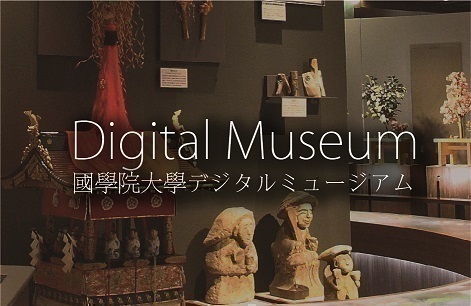- トップ
- Encyclopedia of Shinto
- Kamadogami
Encyclopedia of Shinto
| Main Menu: | |
| Links: |
詳細表示 (Complete Article)
| カテゴリー1: | 2. Kami (Deities) |
|---|---|
| カテゴリー2: | Kami in Folk Religion |
| Title | Kamadogami |
| Text | "Kami of the oven." A household tutelary enshrined at the cooking stove, fireplace, or other place within the home where fires are normally tended, and generally considered to be the "kami of fire" (hi no kami). Frequently, a domestic Shinto altar (kamidana) is found nearby, where the kami's wood or paper emblem (shinsatsu) is enshrined and daily offerrings are made. In the Ōsaka and Kyōto areas, the kami of the hearth is known as Kōjin, while in northeastern Japan, the kami is also known by names including Kamajin ("oven-kami"), Kamaotoko ("oven-man"), and Hiotoko ("fire-man"); there, the cult to the kami is characterized by a mask depicting a distorted face, which is hung upon a pillar nearby the hearth. This "Hiotoko" is thus the same as the well-known comic mask called "Hyottoko," which is said to portray the face of a man grimmacing as he blows upon coals to ignite a fire. Also, in areas influenced by the cult of Yin-Yang divination (onmyōdō), the Kamadogami is known as Dokōjin; in some locales, the kami is referred to as Dokkusan or Fugensama. In addition to its nature as a tutelary of fire, kamadogami possesses characteristics of an agricultural tutelary, and it is viewed in some areas as traveling between village and mountains at the start and end of the farming season. This feature is typical to the image of the "kami of the mountains" (yama no kami), which alternates identities with "kami of the field" in spring and fall. In fact, many rites of planting and harvest include elements related to the kamadogami. Kamadogami may possess additional characteristics as a tutelary of children, of cattle, and of the family, namely, the features of a general kami of the home (ie no kami) guarding over all aspects of everyday life. This is thought to be because of the kami's origins in the hearth, taken as an overall symbol for the home. In sum, the "kami of the hearth" is known by a complex variety of names, concrete objects of worship (shintai), observances, and days of worship (saijitsu). -Iwai Hiroshi |




